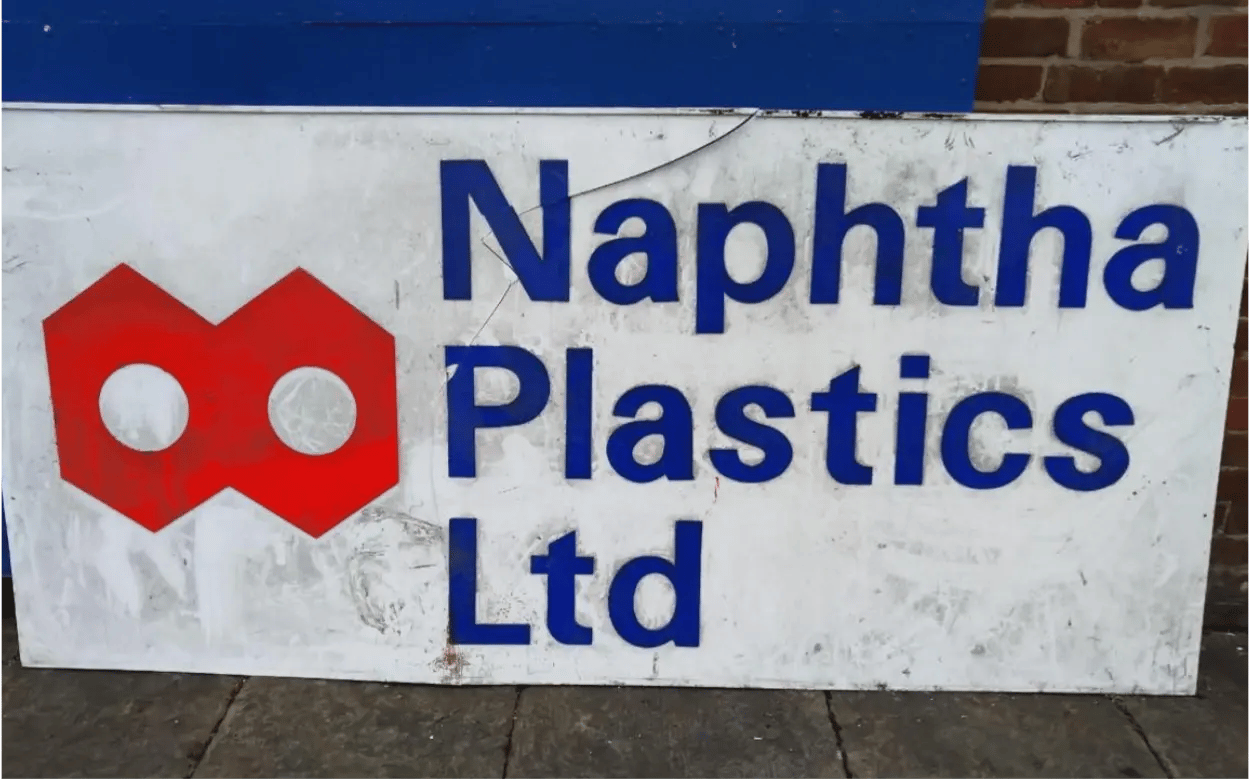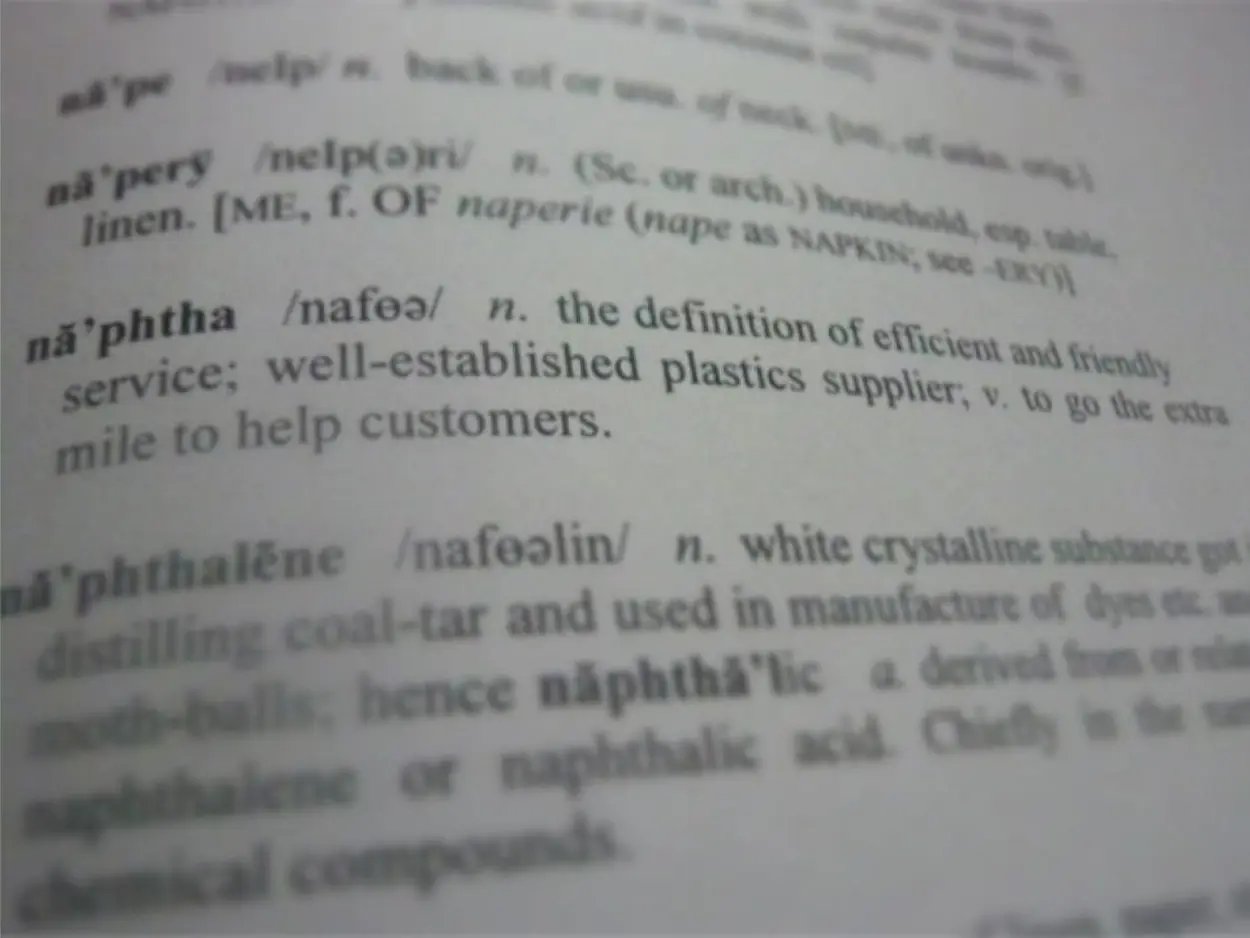Naphtha Plastics was started in 1981 by Roger Browning, operating from a spare bedroom. It was initially a matchmaking service, finding sellers and buyers of regrind and arranging for transport to collect and deliver. This didn’t always run smoothly, and there are tales of tonne bags of damp regrind being delivered to the house and being dried out in the garage using a hairdryer!
Before long, Naphtha Plastics had started renting warehouse space to store materials, and then came employees and vehicles to collect and deliver products.
We also provided warehousing services for a large company supplying powders, which led to us starting our own microgrinding operation. The need to source bulk polymers for powdering led to us develop supply lines for a range of prime materials.


Forty years later, we still have the same attitude of working hard for our customers and providing the best service possible. We now have our own building in Bury where we house the majority of our stock, which allows us to respond quickly to last-minute orders and small quantities.
In recent years, the spotlight has turned more than ever towards sustainability, and recycled plastics play a crucial role in increasing efficiency and building a circular economy. What started as a niche industry is now considered essential, with manufacturers and consumers demanding greener, more environmentally responsible solutions. At Naphtha Plastics, we’re proud to have been part of that story from the beginning.
The story behind our name
What is Naphtha?
Naphtha is a petroleum derivative obtained during the fractional distillation of crude oil. As shown in our process diagram, naphtha is extracted at temperatures between 60°C and 180°C in the distillation column. This valuable hydrocarbon mixture serves as the primary feedstock in the production of many plastics.

From Naphtha to Plastics: The Connection
You can see from the diagram below how naphtha is the precursor from which common polymers are formed. In the steam cracking process, naphtha and steam are fed into a furnace where the intense heat breaks down (or “cracks”) the complex hydrocarbon molecules into simpler ones.
After cracking, the output goes through several processing stages including quenching, compression, and separation to isolate the valuable components: hydrogen, ethylene and propylene. These materials form the foundation of countless plastic products that we rely on daily.
.webp?width=12500&height=3750&name=JDRGroup_Naphtha%20Plastics%20-%20Infographic_3857x1200px_BC_30Apr2025%20(1).webp)
LET'S TALK!
We're always happy to have a chat about plastics. Fill in the form and we'll get back to you. Or, let us know you're calling in at Naphtha Plastics for a cuppa, and we'll get some biscuits in!
Woodhill Works
Woodhill Street
Bury
Lancashire
BL8 1AT


